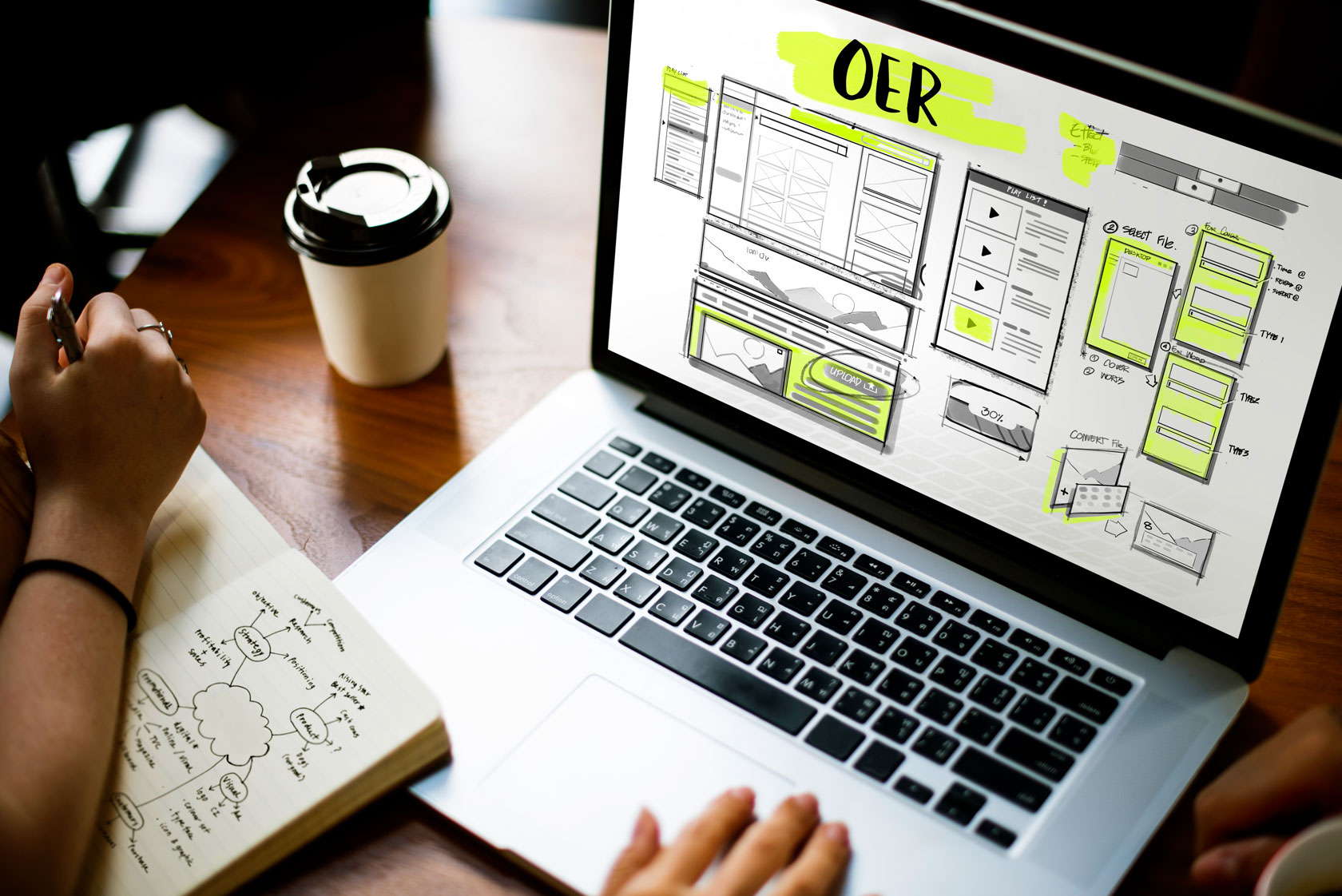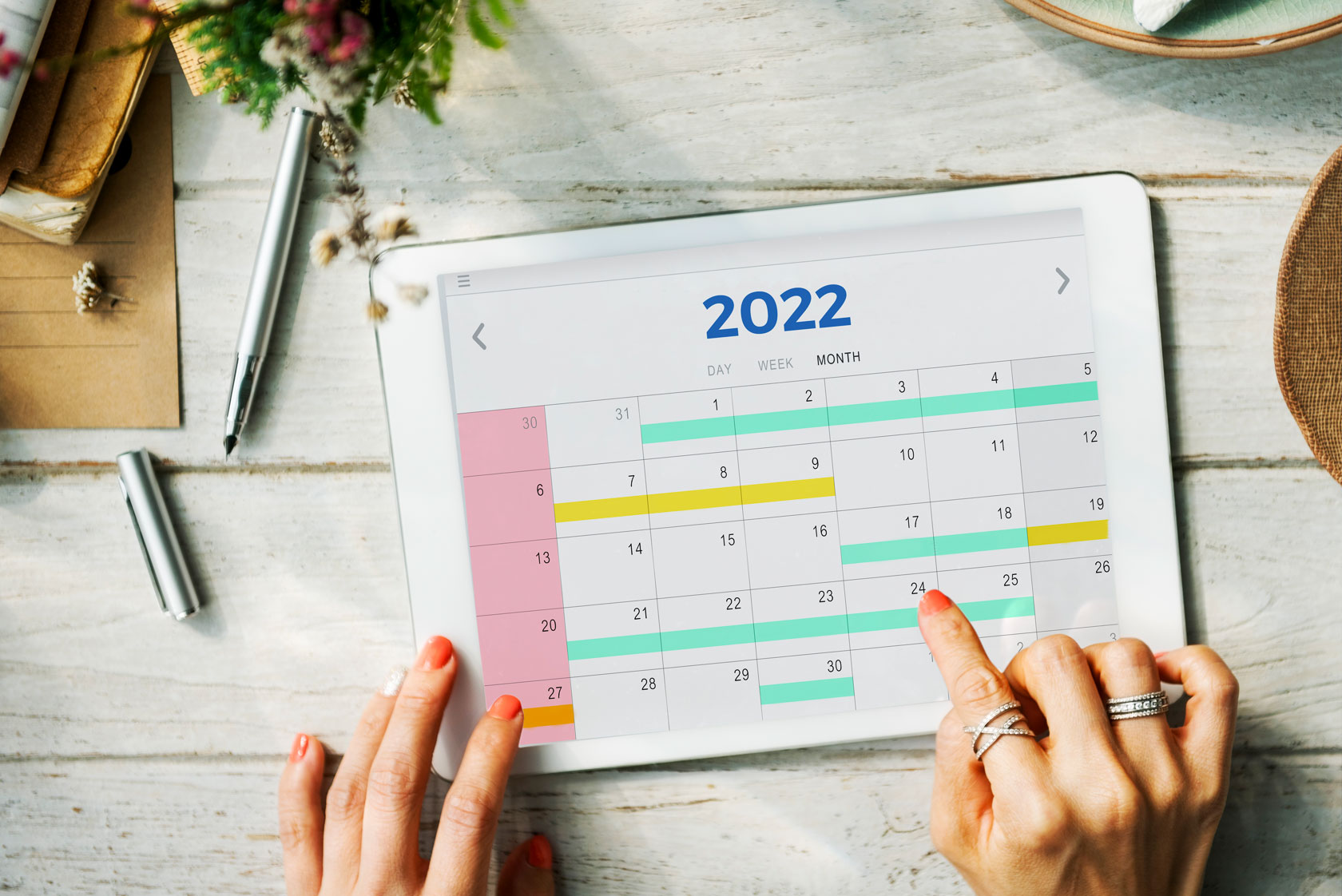
Happy Birthday, MediaTalk! Our Must-read List from 11 Years of Blogging
It's our birthday! On 22.02.2022, the blog ZBW MediaTalk will be 11 years old. Reason enough to look...

Horror Research Data Management: 4 Best Practice Examples for Successful Gamifications
You think research data management is boring and annoying? Sometimes the purest horror? It doesn't have...

Open Educational Resources: Getting Started in OER in the User Services – Best Practice from the ZBW
The greatest hurdle was the following decision: When is the draft good enough to go online? The...

User Experience in Libraries: Insights from the University Library of Hildesheim
The aim of UX is not so much to be a state of affairs but much more to be part of a mindset; a skill...

Open Science & Libraries 2022: 22 Tips for Conferences, Barcamps & Co.
Which conferences and events could be worth an (online) visit in 2022? We have put together a selection...

Tracking Science: How Libraries can Protect Data and Scientific Freedom
A modern expression states: If you are not paying for the product, you are the product yourself. How can...

First Open Science Retreat: On the Future of Research Evaluation
The ZBW's Open Science Retreat invites various stakeholders from all over the world to engage in a...

User Experience in Libraries: Insights from the SLU University Library Sweden
“To observe a student or researcher using a service is a quite powerful, sometimes even painful...

Publishing Behaviour in Economics: Coronavirus Pandemic Turns out to Be a Temporary Shock
Has publication behaviour in economics changed due to the COVID-19 pandemic? An international ZBW...
